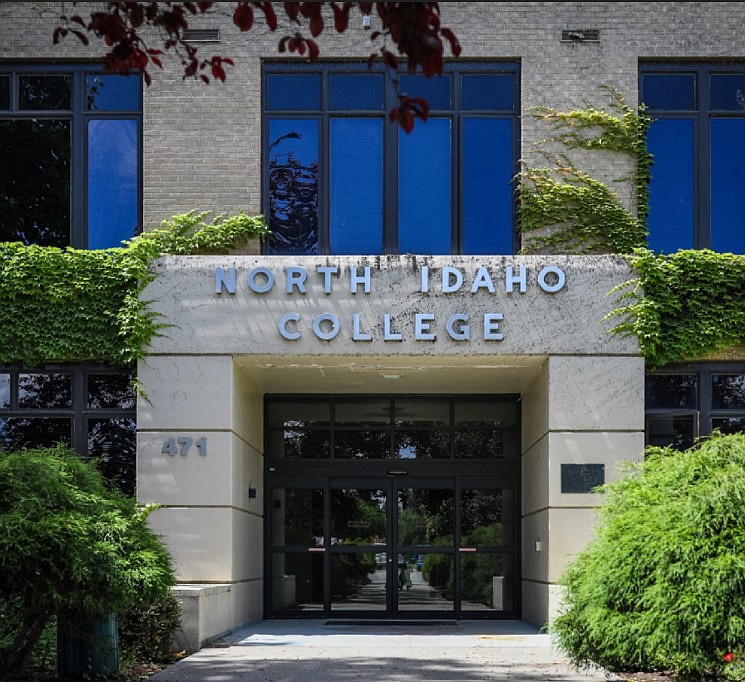NIC appeals Swayne’s reinstatement
COEUR d’ALENE — North Idaho College has appealed to the Idaho Supreme Court over a Kootenai County judge’s decision to reinstate NIC President Nick Swayne.
Swayne won his lawsuit seeking permanent reinstatement without going to trial in June, when First District Judge Cynthia Meyer granted a motion for summary judgment in the case...
Become a Subscriber!
You have read all of your free articles this month. Select a plan below to start your subscription today.
Already a subscriber? Login



